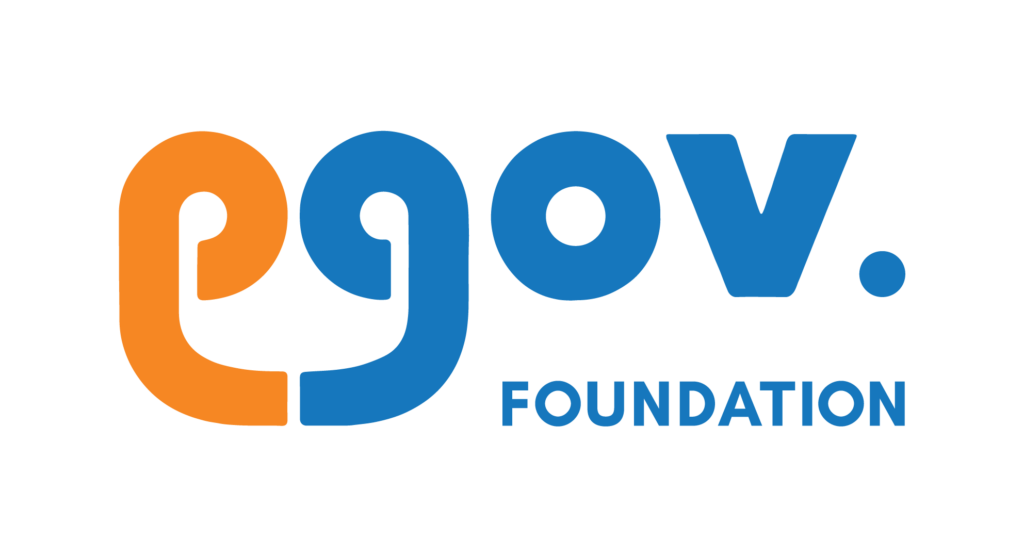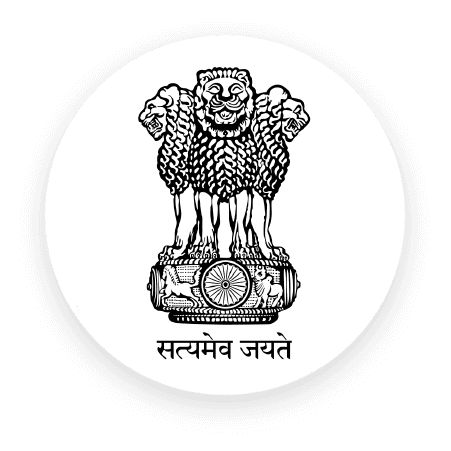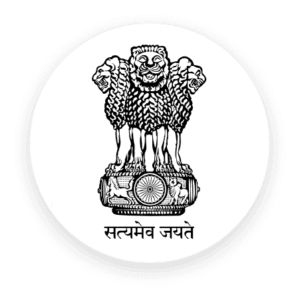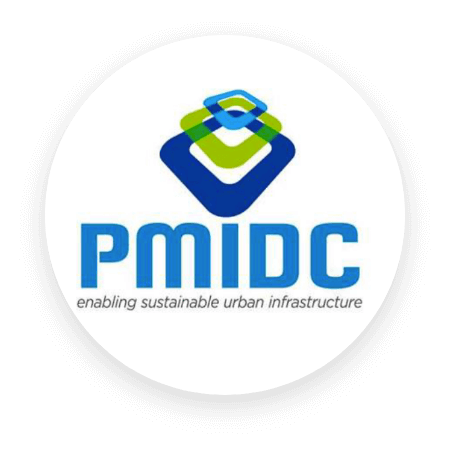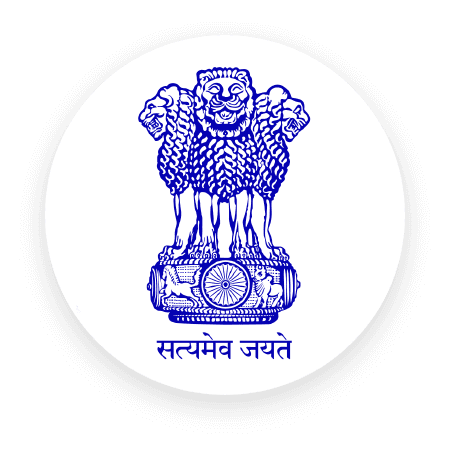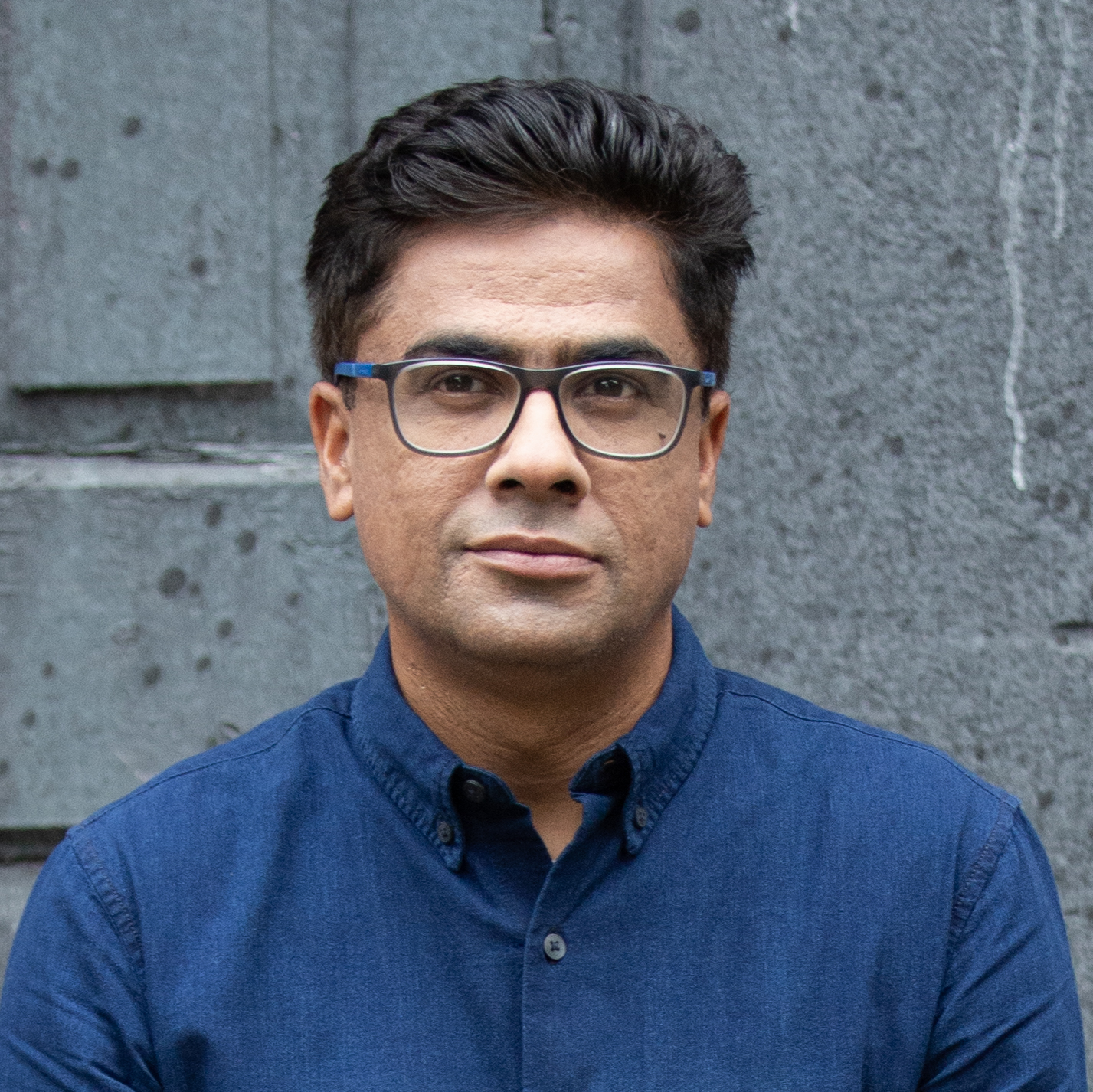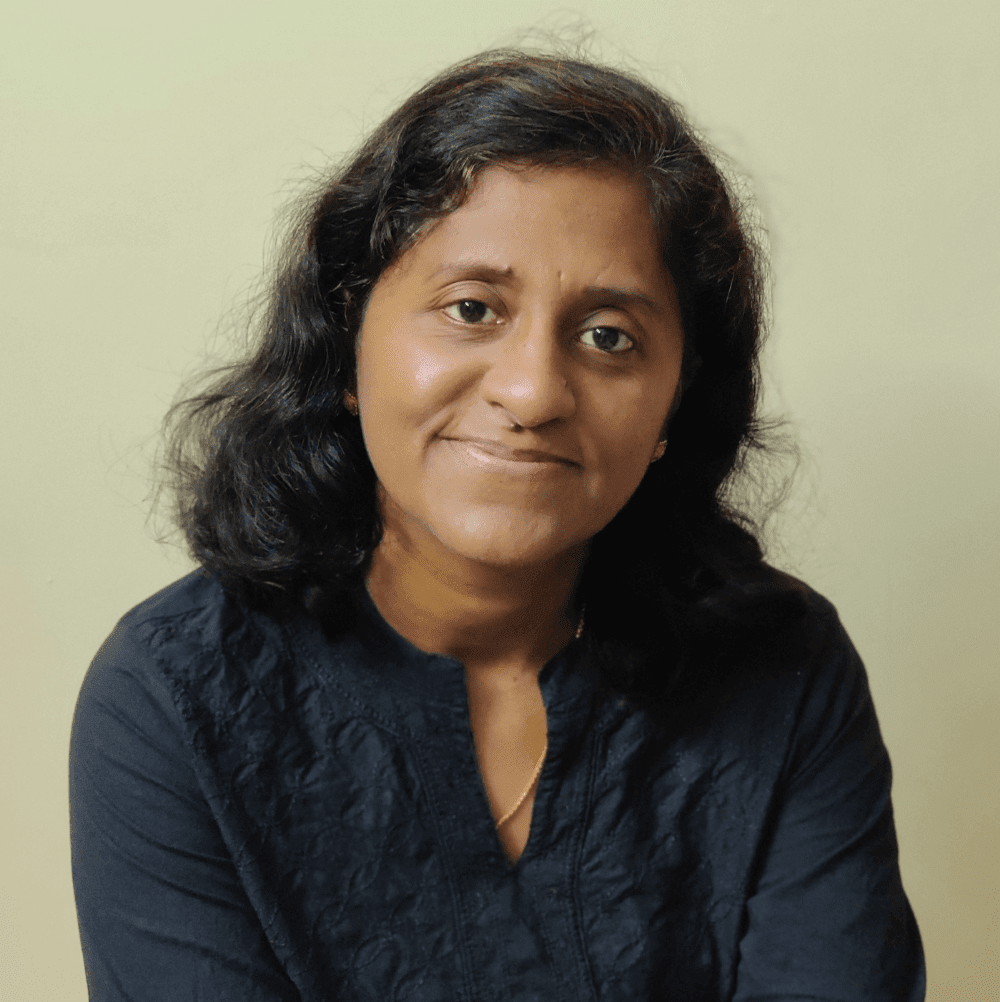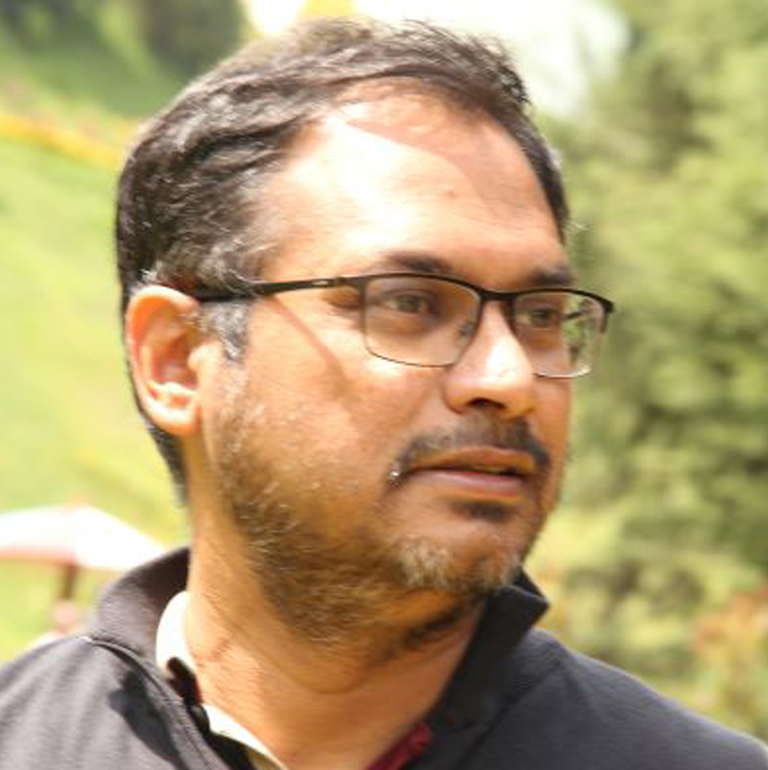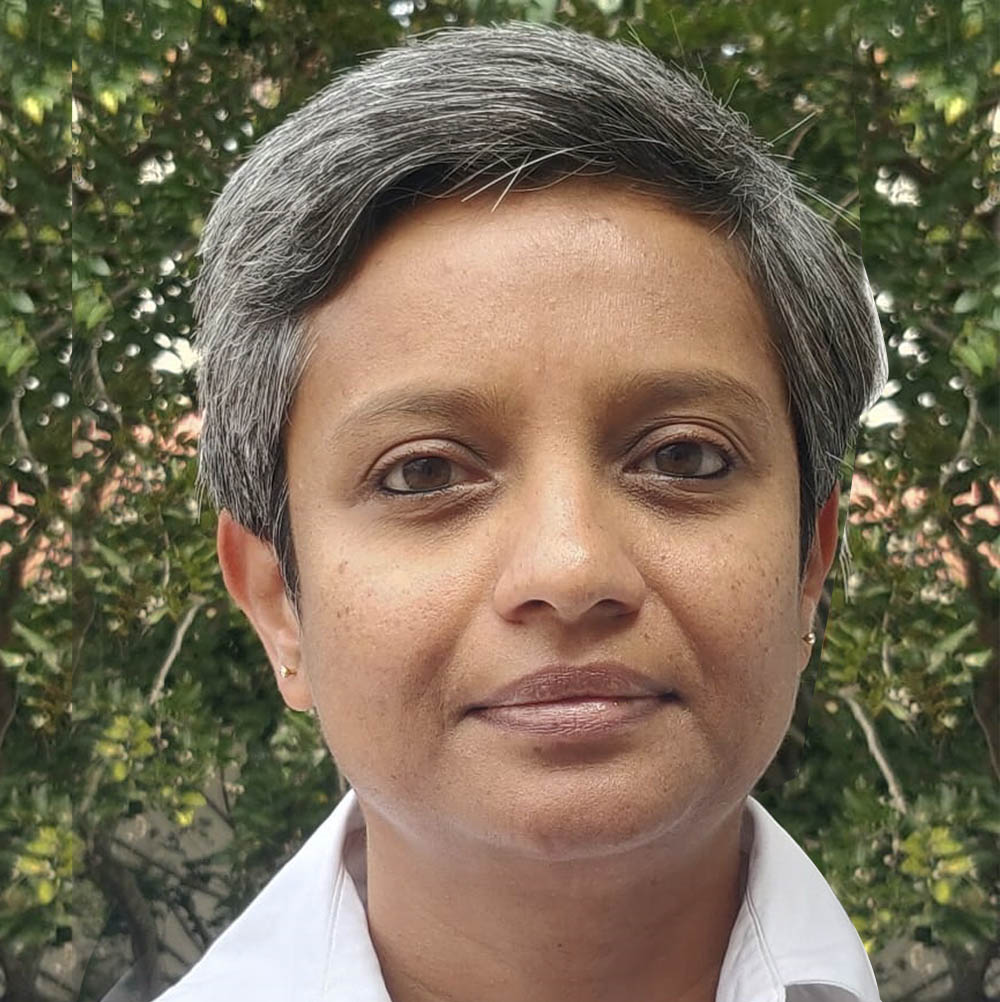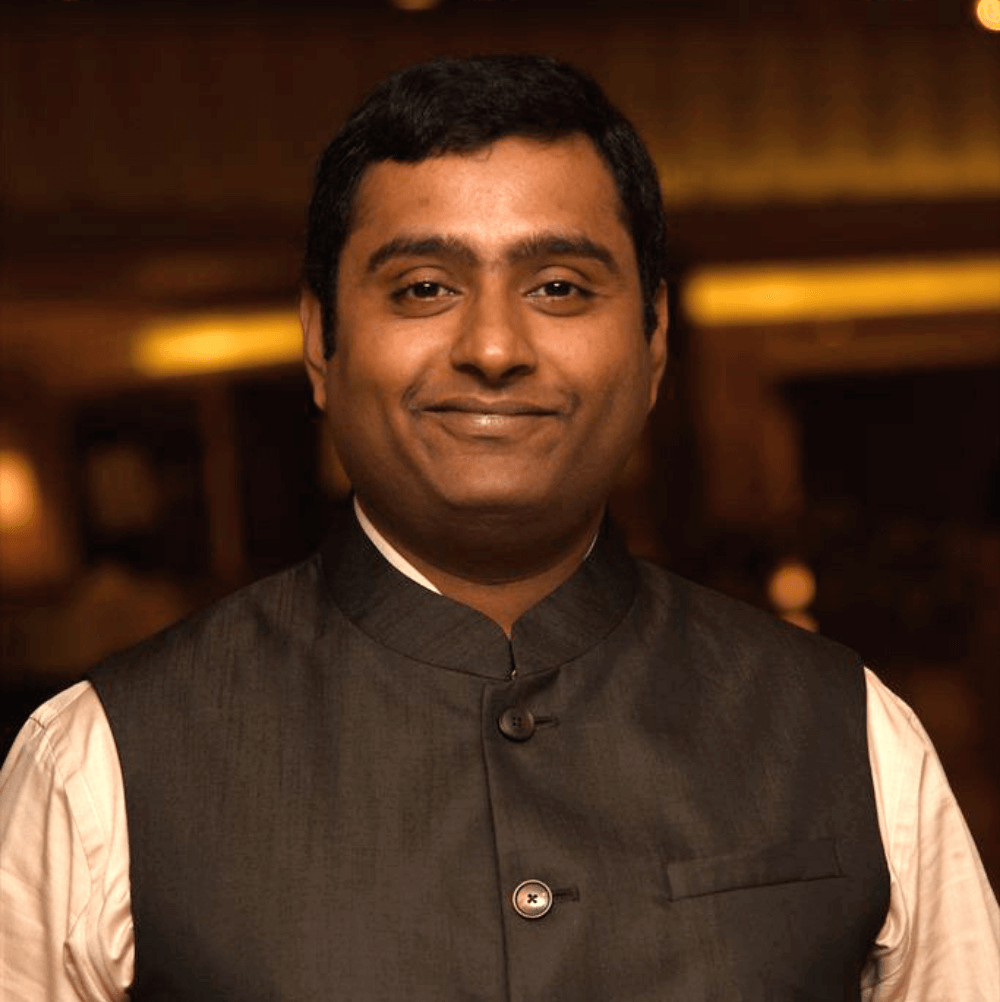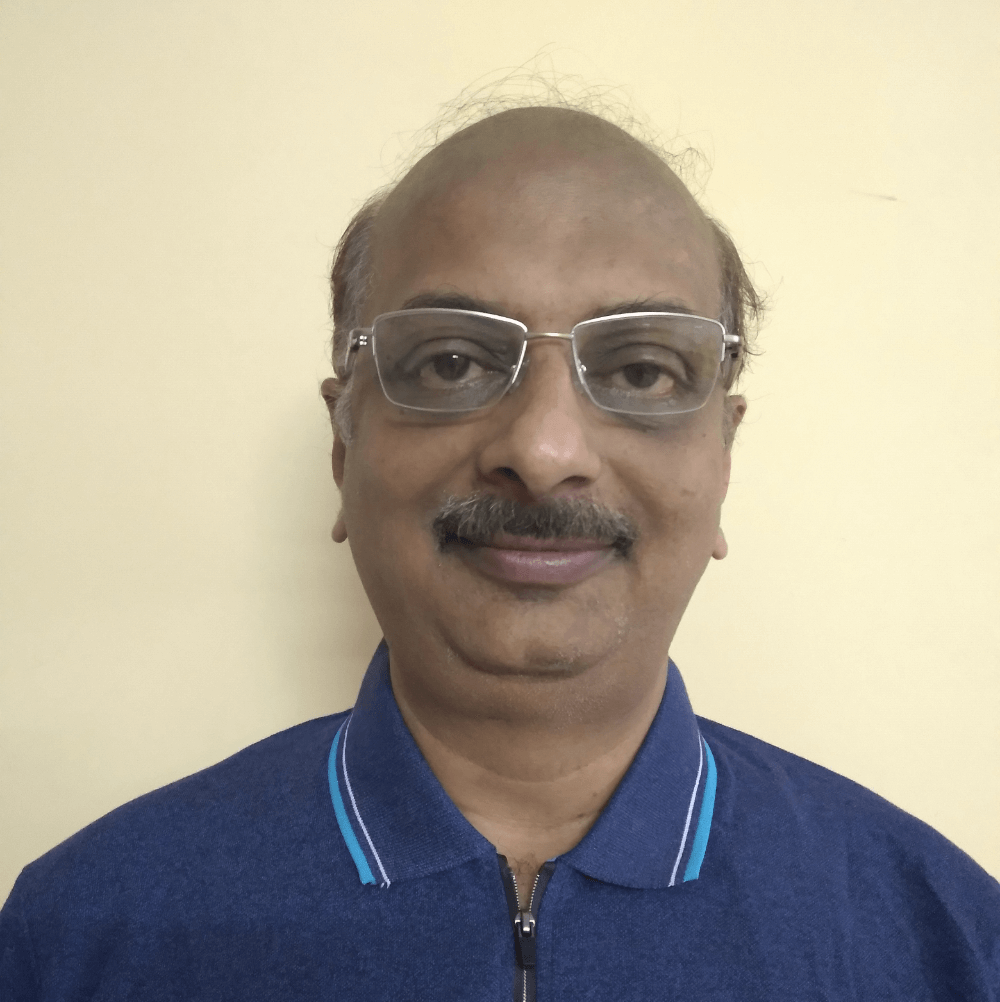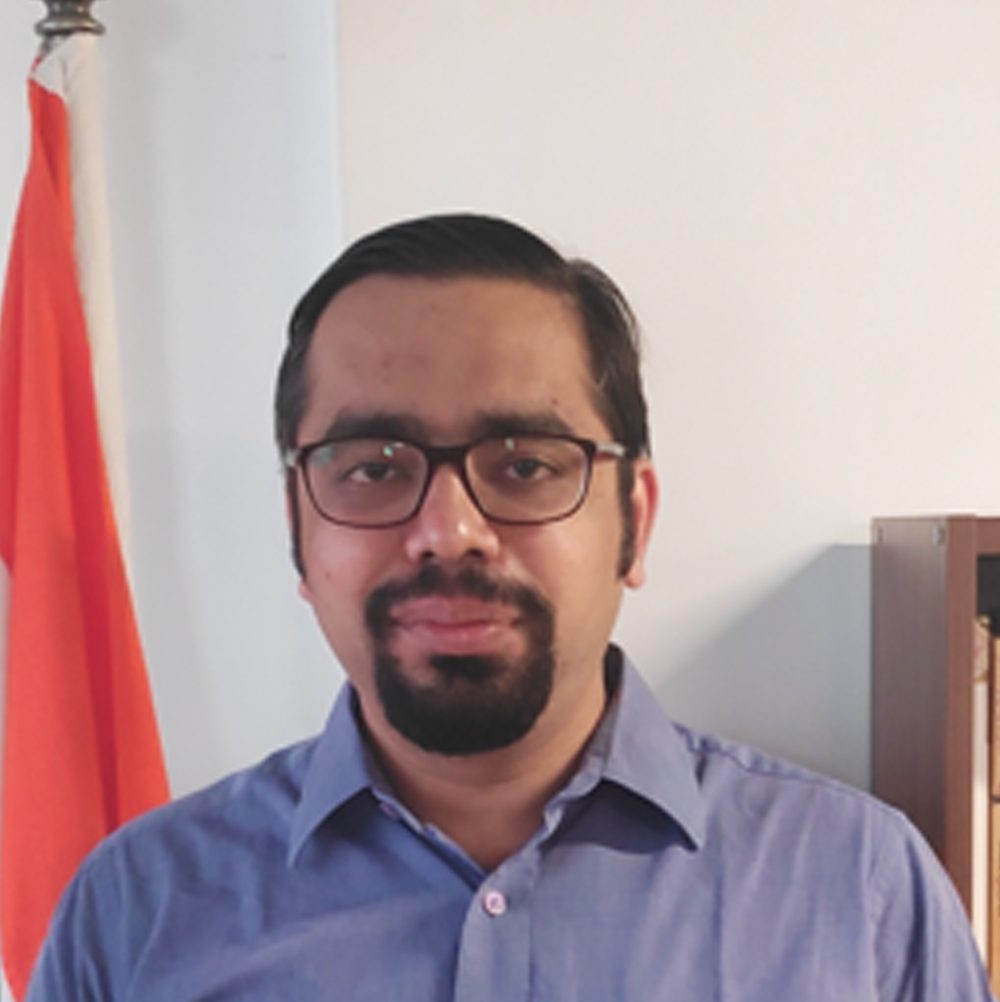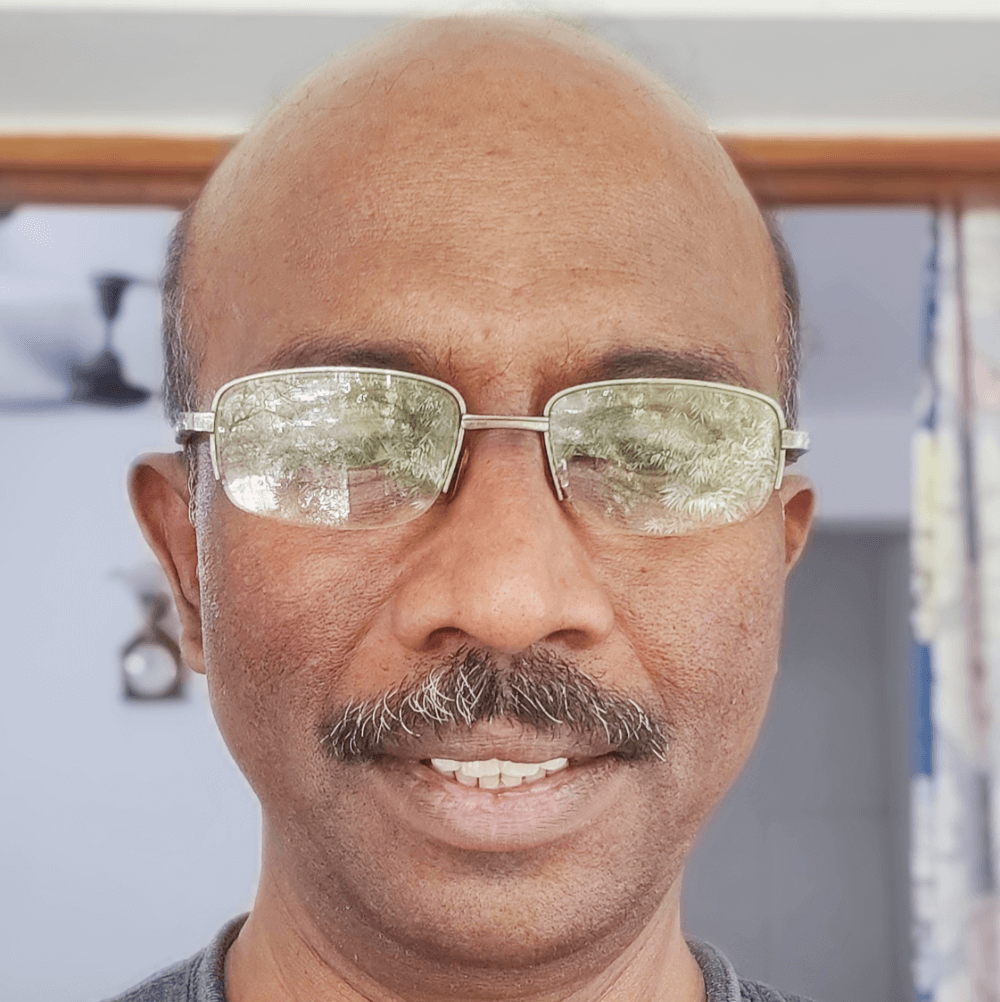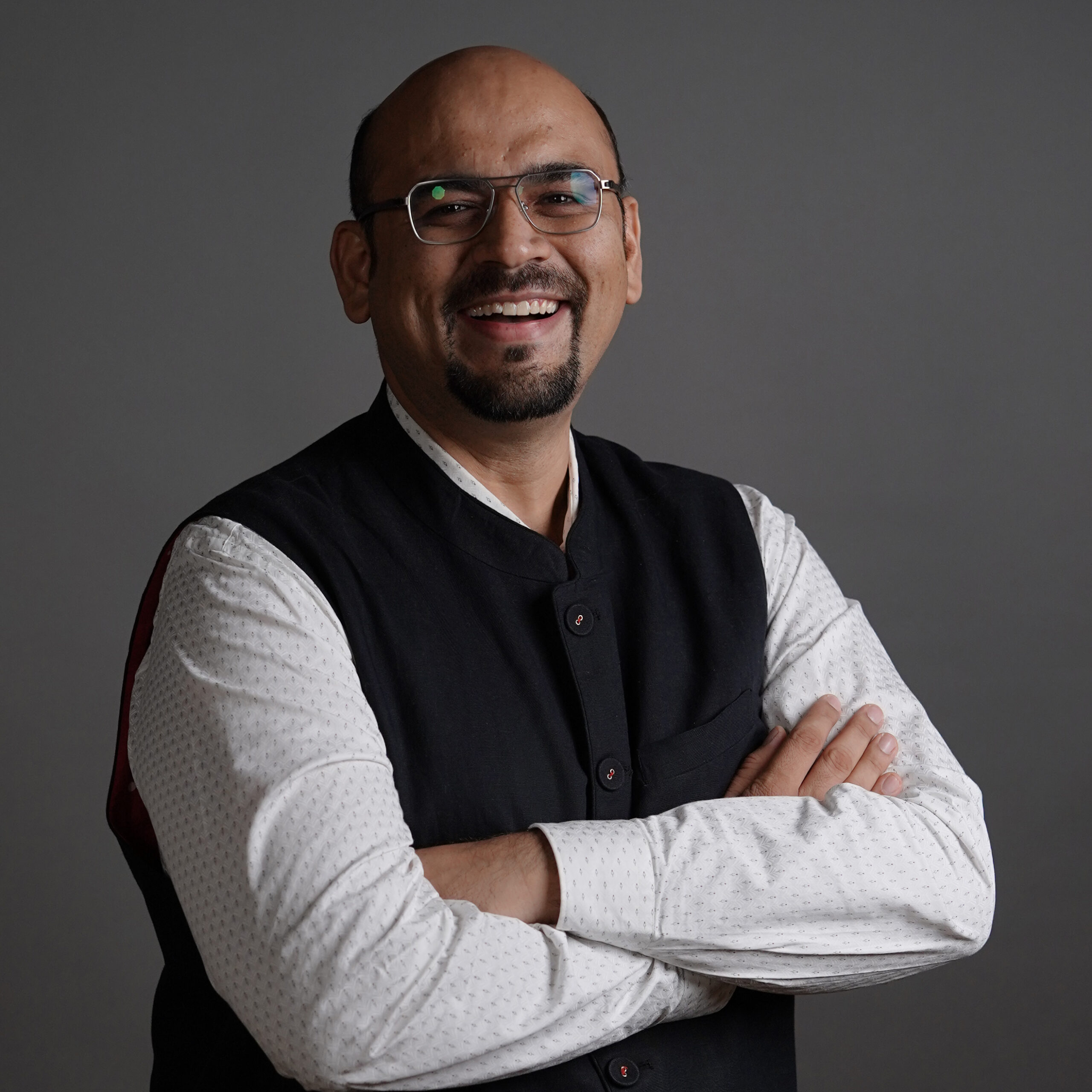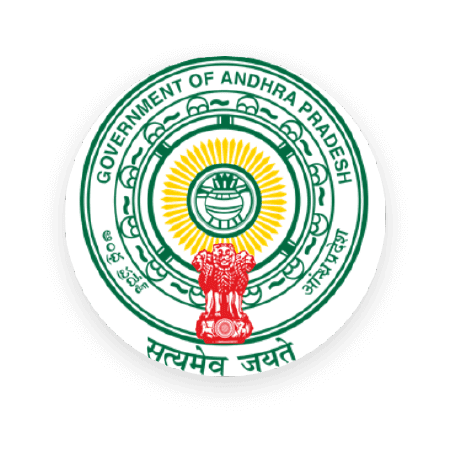Just like employing women in the waste management value chain has enabled a step-change in sanitation service delivery in Odisha, equipping them with the innovative digital tools employed in the State will enhance empowerment and also, service delivery outcomes
Salila Jena, a woman changemaker, was facilitated by President Droupadi Mormu for her work under Swachh Bharat Mission – Grameen (SBM-G). 43-year-old Salila of Odisha is a pioneer of inclusivity for her work in involving women in community-managed sanitation — she has worked to generate awareness about safe sanitation practices, assess household waste management practices, and oversee the construction of toilets within her community. She was recognised for her consistent efforts in faecal sludge and septage management (FSSM) in her village, Akarapada in Jajpur district.
Salila is a member of the Akarapada Women’s Self-Help Group (WSHG).
22 years ago, on the eve of International Women’s Day in 2001, Odisha launched ‘Mission Shakti’, a program that wanted to catalyze Women’s Self-Help Groups in the State by involving them in various socio-economic activities. As part of Mission Shakti, nearly 70 lakh women have been organized into 6 lakh groups across the State.
Around the same time, the Sanitation sector began evolving to meet the expectations of global trends and on-ground realities. This resulted in Odisha’s 115 ULBs having to come to grips with changes on three fronts:
(a) understanding sanitation as a civic service that includes the whole service chain, from containment to safe disposal of waste generated;
(b) locating the most appropriate and cost-effective technology; and
(c) untangling complex management arrangements, based on partnerships and mandates for community engagement, especially engagement with women.
Odisha’s ULBs realized they needed a large skilled workforce to provide services, manage facilities and support the process of sustainable sanitation. Hence, skilling and engaging women in the sector was a win-win situation for both the community and the service-providing ULBs. Odisha’s strategy to employ women in the waste management value chain has helped make sanitation more systemically inclusive; more than 35,000 urban SHGs in Odisha provided the base to operationalise this strategy.
Inclusion in the Sanitation service delivery value chain
SHG groups, including transgenders under Mission Shakti, have been formally inducted to play a crucial role in ensuring inclusive and safe sanitation service delivery. Through service contracts, they are involved in the operation and maintenance of community toilets; they are incharge of collection of sanitation user fees from citizens; and they are also employed in waste treatment plants — like faecal sludge treatment plants (FSTP), material recovery centers (MRC), micro-composting centers (MCC) and construction and demolition waste (CDW) plants. In some cities, they are also involved in operating cesspool vehicles for safe emptying and transportation of toilet waste.
Involving women in sanitation management not only contributes to their economic progress, but also makes them crucial partners in development. They are also trained to undertake awareness campaigns and data collection for insanitary toilets, desludging practices, demand generation for mechanised desludging, etc. As such, they can empower excluded groups to understand and access State sanitation services for better sanitation outcomes.
Since the WSHG (and Transgender groups) are retained by the ULB using a standardized performance management contract, lack of renewal or delays in contract renewal can cause uncertainty amongst the SHGs. To solve this problem, payments are now being automated and monitored by a call center, also managed by women.
Engagement with sanitation service delivery has assured a steady income stream for these women — a field study showed that this income is largely spent on food and education of children. Indicating a rising sense of awareness, the women have also demanded for health insurance and retirement benefits.
The work of the WSHG within the sanitation value chain is also gaining acceptance within the community because of its association with the government. Interestingly, the use of safety gears, PPEs and sanitation kits by the workers also contribute to the acceptance as it lends an air of formality to the profession.
Working with the government has also resulted in improved agency and confidence in the transgenders and other vulnerable groups. Perhaps for these very reasons, women from other castes, besides the Scheduled Castes, who were traditionally employed in the sanitation work, were also engaged in the FSTPs.
The Role of Tech in enabling women’s empowerment
Over 20 years ago on International Women’s Day, the launch of Mission Shakti created massive momentum for women in Odisha. In the last decade, the involvement of WSHGs in sanitation service delivery has been of vital value to the State. Today, given the strides Odisha has taken in improving quality of governance and service delivery in urban areas through the 5T principles of Transparency, Technology, Teamwork, Time, and Transformation (5T), it is important to equip them with the tools necessary to enhance service outcomes.
To this end, Odisha has already implemented a Digital Public Infrastructure (DPI), called SUJOG, to deliver municipal services in the State. A solution to provide digital FSSM services was also launched in late 2021, on the same platform —this service is called SUJOG-FSSM. Currently, as SUJOG-FSSM scales across the State, it is important to be intentional about the value it will provide to women stakeholders in the service delivery value chain.
Take the case of Manju, for example — she is the President of the Jeevan Jyoti ALF (Area Level Federation) and has been working in the FSTP in the region for 2.5years. Her responsibilities include monitoring plant activities and reporting technical issues to the ULB.
This communication with the ULB is primarily through Whatsapp. Tracking of desludging vehicles is also done through Whatsapp calls to the citizen who requested the service. Additionally, a daily log of the desludging vehicles that enter the plant is maintained using manual registries — Manju is tasked with compiling these every fortnight and sending it to Sulochana, a SHG member who works as the Call Centre Operator, who then compiles this data for analysis by her supervisors.
“There is no longer any need to maintain records in excel because everything can be tracked from the platform and accordingly reports can be generated,” says Sulochana, who has been using SUJOG-FSSM since it was implemented in the State, “We also no longer need to call citizens to ask for their feedback on the services provided, because they can provide their comments and feedback through the platform.”
With SUJOG-FSSM, the State is able to digitize and automate many parts of the value chain, enabling the recording of real-time transactional data. This means that plant monitoring reports and vehicle tracking reports are automatically generated and sent to the ULB, reducing redundancy in the work of the plant operator, who has additional responsibilities like housekeeping, facility maintenance, etc. The data from the digital platform also auto-generates reports and dashboards for administrative oversight and decision-making — a gender-intentional/ transformational State can use this data as evidence to reform programs and policies.
For instance, business model viability of private desludging vehicle operators is an area of concern in sanitation service delivery — high license fees of private providers and the relatively poor coordination with the ULB leads to many operational difficulties. Whereas cesspool vehicle operations in Dhenkanal have been entirely outsourced to a WSHG, which has proven very effective. Automated data from real-time service delivery monitoring will enable decision-makers to weigh the cost-benefit of replicating the Dhenkanal cesspool-truck model in other districts to provide more efficient and cost-effective services. This decision could also lead to the employment and integration of more women in the service delivery value chain, and for community-based models to emerge in sanitation service delivery.
Additionally, for Odisha, a State focused on implementing city-wide inclusive sanitation, data on sanitation services can enable assessment of women’s role in service access, and enable gender-transformative programs to accelerate women’s participation in important household decision-making. The State can also use the data to ensure distributive benefits of service delivery by ensuring that the most vulnerable groups have access to safe and timely sanitation services, and community and school facilities meet the required hygiene standards for girls and women.
The digitisation of systems leads to efficiency gains for all members of the value chain in the short term — automating systems deskills the job, and also contributes to the digital skilling of those who adopt the system (for example, collection of sanitation user charges). This enables the engagement of SHG women from low-income and low-educational backgrounds in sanitation services. In the medium term, accrued data can enable decision making — including on ensuring gender intentional/ transformational outcomes in sanitation services. In the long term, the visibility into the value chain can help resolve operational bottlenecks and plan financial resources, such that the ULB is self-sufficient, and able to remunerate and provide benefits to the WSHG it employs.
At the end of the day, service delivery is also enhanced — implementing a digital system in a space where in-person communication continues to hold more credibility ensures that women from urban households, and even from far-off rural towns, will now be able to request services for their homes and track the service delivery digitally. Women’s ability to access services paves the way for household economic decision-making, which strengthens their role at the household and community-level.
Equipping WSHG with digital tools to record real-time transactional data will not only have positive outcomes for service delivery and governance, but also for ensuring women’s socio-economic empowerment and progress in the State.
Just like employing women in the waste management value chain has enabled a step-change in sanitation service delivery in Odisha, their adoption of digital tools will pave the way for transforming sanitation outcomes. It will also go a long way in empowering and skilling these valuable service delivery stakeholders.
